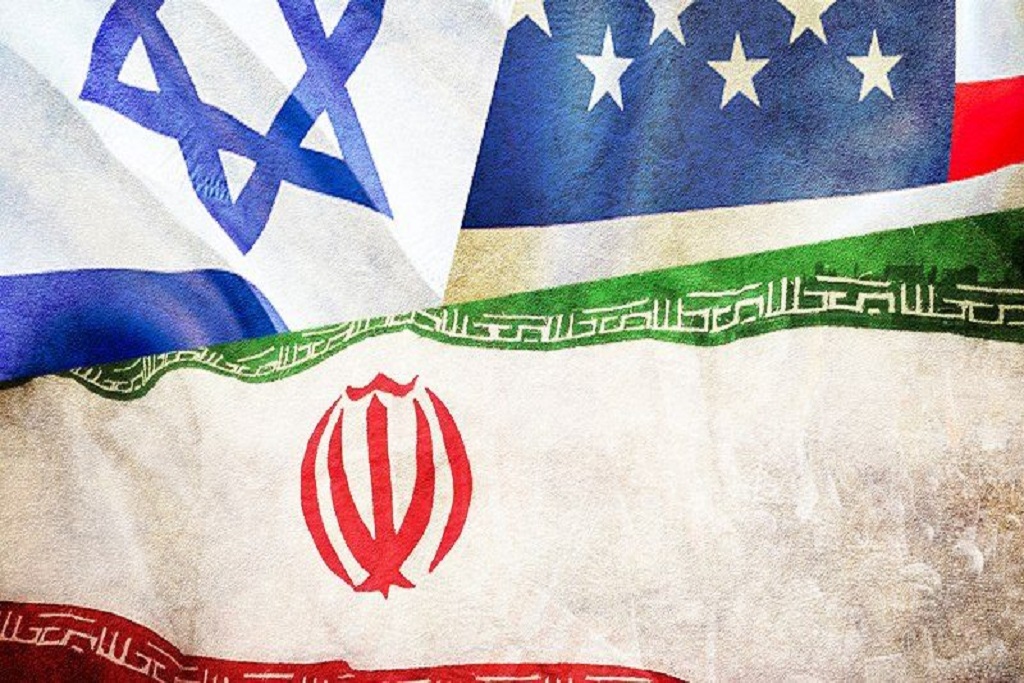It should be noted that the Zionist regime’s treatment of the Palestinians affects the way Israel is viewed in the United States, and especially by the Democratic Party extremists and public opinion.
Faraan Zionist Research Base;
2. The Palestinian Issue:
The US emphasis on maintaining a two-state solution has made Israel to face serious challenges in the face of the new US administration. Israel can in no way ignore the Palestinian issue and deny it, because the Palestinians and their struggles are the reality of the region.
The new US administration emphasizes a two-state solution, so Israel’s unilateral actions, such as deepening the occupation, the West Bank annexation project, and settlements in the West Bank, undermine the two-state solution or make it impossible and out of reach is not approved by the United States; and is the point of contention between the current Israeli government and the new US administration.
Deepening the occupation and annexing the West Bank is moving towards a one-state solution. In this case, the Palestinians will demand the principle of one vote for each person whereby in that scenario, not only will the demographic composition change to the detriment of the Israelis and to the benefit of the Palestinians, but in the long run, it will certainly extend the influence of the hardliners of the Democratic Party of America far beyond today.
It should be noted that the Zionist regime’s treatment of the Palestinians affects the way Israel is viewed in the United States, and especially by the Democratic Party extremists and public opinion.
Therefore, the new US administration advises Israel to show its desire to reduce tensions with the Palestinians and to improve their lives, improve their welfare, and to emphasize a two-state solution.
Unfortunately, while the extremists of the Democratic Party in the United States are sensitive to the Palestinian issue and support the BDS movement and consider Israel an occupier, however, in the Islamic and Arab world, some countries are normalizing their relations with Israel and expanding the political, security, military, economic, and technological ties with them.
3. Expansion of normalizations:
Given the new US strategy of focusing on China and East Asia and reducing the military presence in the Middle East, and emphasizing, maintaining and strengthening the intelligence and security presence in the region, Israel seeks military, technical, technological and economic assistance to the US Arab allies and fill America’s vacancy as much as possible.
For the sake of reviving the expansion of the resistance axis [1], increasing the Sunni-Brotherhood axis [1] and Sunni-Takfiri axis [1] in the region, Israel and the Sunni-conservative axis (UAE, Bahrain, Egypt, Jordan, Saudi Arabia) have taken steps and measures to revive and expand the process of normalization of relations with the Zionist regime in various fields of military, security, economic and agricultural, water supply and culture.
Needless to say, the new US administration’s approach to supporting the normalization process is different because the Trump administration provided special gifts for the normalizations and gave them high priority. Nevertheless, in the Biden administration, at least so far, there have been no special gifts to encourage the Arab and Islamic countries to normalize relations with Israel.
Therefore, given that the fight against terrorism and extremism in the Middle East is in the interests of the United States, Israel will try to use its military, economic, technological tools and levers in the field of food, water, health and fill the vacuum of the United States with the help of the Western regional allies and present themselves in line with the interests of the United States.
4.The issue of Iran:
Given that the US desire to use military force and coercion in the Middle East has decreased and now its main priority is China and East Asia, and its emphasis is on reviving the Iran deal and using the diplomatic option and ultimately leverage economic sanctions against Iran, so in this area, Israel has many problems and complexities with the United States.
The United States is now considering another era of its role in the world. Experiences of military intervention in Afghanistan and Iraq have failed to achieve the stated goals. In Iraq, the influence of Iran has increased and no dependent, pro-Western military was formed.
In Afghanistan, after twenty-one years, not only did the Taliban fail to perish, but also conquered Kabul again and took over the whole of Afghanistan, forcing the United States to leave Afghanistan.
The Biden government now has its main focus on China and East Asia, and seeks to reduce its military presence in the Middle East and emphasize its intelligence and security presence. The United States needs to redefine and manage the distribution of its financial and military resources in line with the country’s domestic and foreign strategic goals. The US government seeks to enhance the US strategic position by emphasizing greater domestic production and leading new and high-tech industries that boost renewable energy and rebuild the US infrastructure accordingly. China is now a rapidly growing trend that has challenged and will continue to challenge the United States in strategic areas. Therefore, the priority of Obama and Trump and Biden has not been and is not the Middle East and Iran.










